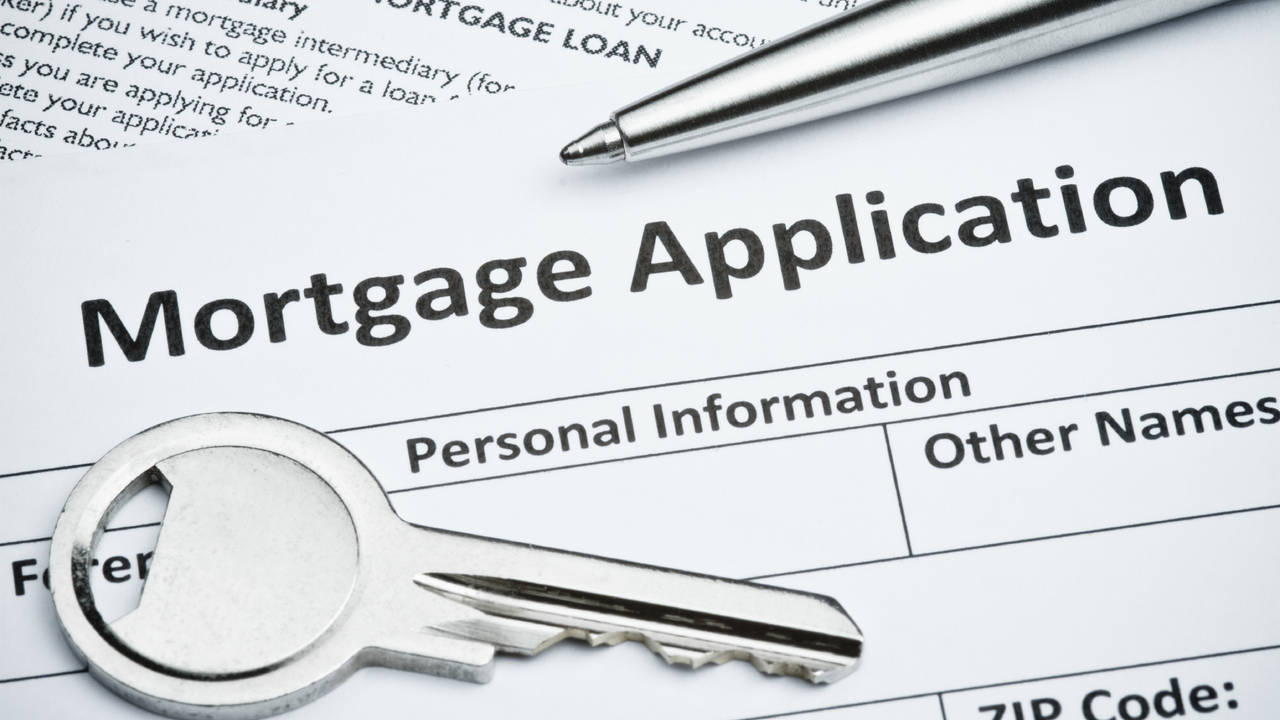If you are self-employed, either as a freelancer or as the owner of your own business, your income can fluctuate greatly from year to year. That can make it difficult to get approved for a mortgage, although there are some things you can do to improve your chances. Here are three tips for securing a mortgage if you are self-employed.
Good Credit Score
While your ability to pay back a mortgage is the most important factor in an approval, your credit score is a close second, and that goes for every borrower, not just those who are self-employed. If you have a credit score in the high range -- something above 750 or 760 -- it will help you get approved for a mortgage. To boost your score, make sure you pay all bills on time, pay down your debt levels and do not make any new big purchases or apply for new credit soon before you apply for a mortgage.
Large Down Payment
The more money a bank lends you to buy a house, the more risk it is taking on that the money will not be paid back. If you are self-employed and considered a higher risk to begin with, one way you can alleviate some of that risk is to be able to put down a large amount of money. Putting down 20 percent is standard for a conventional loan and you should be willing to contribute at least that much. Putting down at least 20 percent also will save you money in the long run because you will not have to pay for mortgage insurance and you will pay less in finance charges over the life of the loan.
Significant Assets
One way to put a lender at ease about your ability to pay for a mortgage is to have significant reserves in the form of assets. If you have large amounts of money in regular savings, brokerage and retirement accounts, it offers a reserve for you to tap should your income take a dive. Other forms of property, such as personal and business property that is paid off and has value, are also good assets to show.
As you can see, when qualifying for a mortgage, in addition to your ability to repay the mortgage which is your debt to income ratio, a lender will also take into consideration a borrower’s credit score, size of the down payment and the amount of assets. A lender may be more lenient with a high debt to income ratio if one of these other positive factors are higher than the average as well!


Comments(0)